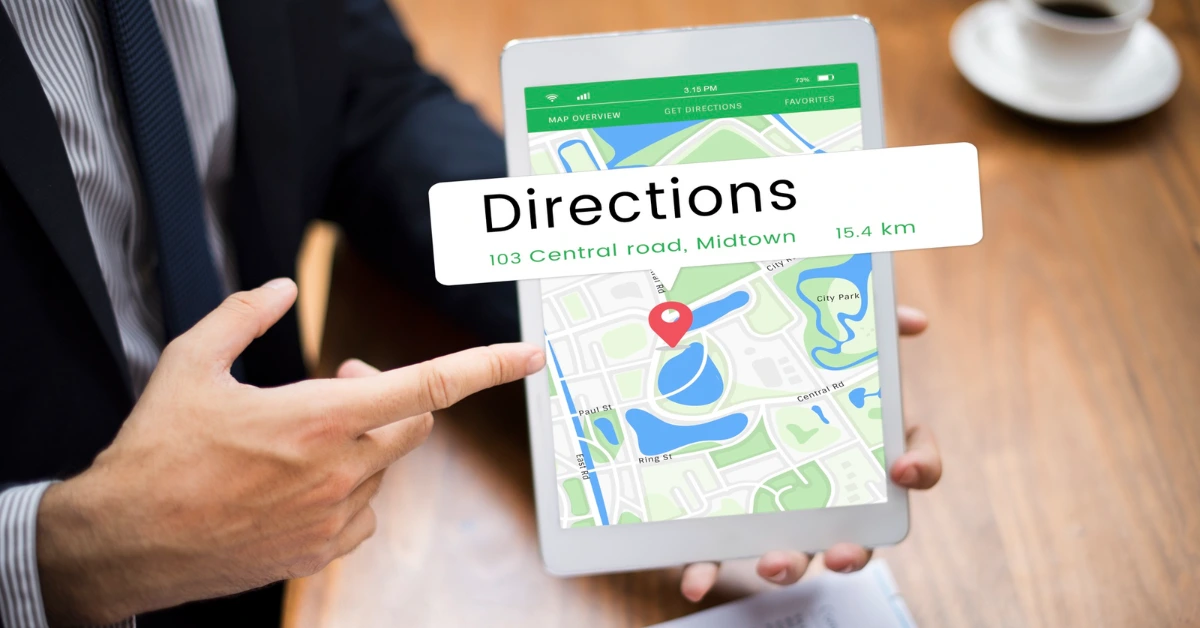Business owners are looking for an easily scalable and affordable business model. The most common ones are private labeling and white labeling. The essential difference is that with a private label, customization or control is more intense, and with a white label, a marketer’s approach is looser, and more control is passed to the production house.
What is a White Label Shop?
A white-label shop purchases manufactured goods from a different wholesaler and sells them to customers in a brand name of their own. This ranges from Sony Electronics to white-label SEO services.
Examples
- An ecommerce shop that sells sophisticated and modern devices and gadgets but sells them under its name.
- A marketing firm or agency that internationally buys white label SEO dashboards and resells them to its clients as proprietary firm software.
Businesses can adopt their brand and sell it swiftly without needing further effort in product invention.
What is White Labeling?
White labeling means using someone’s product or service by putting your own brand on it. The vendor does the hard work by maintaining machines and carrying out production while taking care of the actual work while you focus on branding along with customer interfaces and managing the relation portions.
Main Industries Include:
- SaaS Platforms And Services:
- Food and Beverage:
- Wellness and Cosmetics
Advantages:
- Low cost of development
- Low customization levels
- Fast-tracking market entry
What Is Private Labeling?
Private labeling refers to having a manufacturer produce a specific item for you according to your specifications. You can manage the formula, packaging, and branding.
Well-Known In:
- Health supplements
- Gourmet foods
Custom Advantages:
- Brand packaging
- Uniqueness of product
Private and White Label Marketing and Advertising Differentiation
Private Label Advertising: Opened Market Control:
- The ownership of the story and product is yours.
- Allow growth of tailored campaigns through impression branding.
- Best marketing potential through influencers and creative marketing.
White Label Marketing: Retrained Control:
- Speed, cost, and consistency take priority.
- For B2B-focused selling and resale.
- Creativity takes a backseat, driving focus on performance.
Real-Life Scenarios
Example of White Label SEO: A digital agency resells SEO services using a white-label SEO platform.
Example of Private Labeling: A skincare company collaborates with a lab to develop private-label products with proprietary branding.
Cost Structure Evaluation
- Renting a car is akin to white labeling – low entry cost but limited control.
- Buying a car represents private labeling – higher investment but total control.
Businesses tend to begin with white labeling and shift to private labeling as their need for sustainable growth rises.
Which model offers more value?
There isn’t a universal answer. It varies depending on the set objectives.
Opt for the white label if:
- Do you want rapid market entry
- In your case, significant investments should be avoided.
- You trademark various services such as software or SEO.
Choose private label if:
- You want to enhance a brand that you own.
- You are willing to invest extra money in the market to develop your new products.
- A long-term goal is achieving market domination.
What’s Better?
What matters isn’t which model is better but which one fits your strategy.
Consider the following:
- Do I want total control over the product?
- What is the optimal launch timeline?
- Am I willing to commit resources to R&D?
- Am I aiming towards developing a lasting brand?
Strategic Reminder
Marketing is crucial whether running your products or operating a white-label shop. Even the best product can fail without strong private-label marketing or white-label SEO promotion. Know the difference between private labels and white labels and anchor their business on a model that sustains growth.







Share